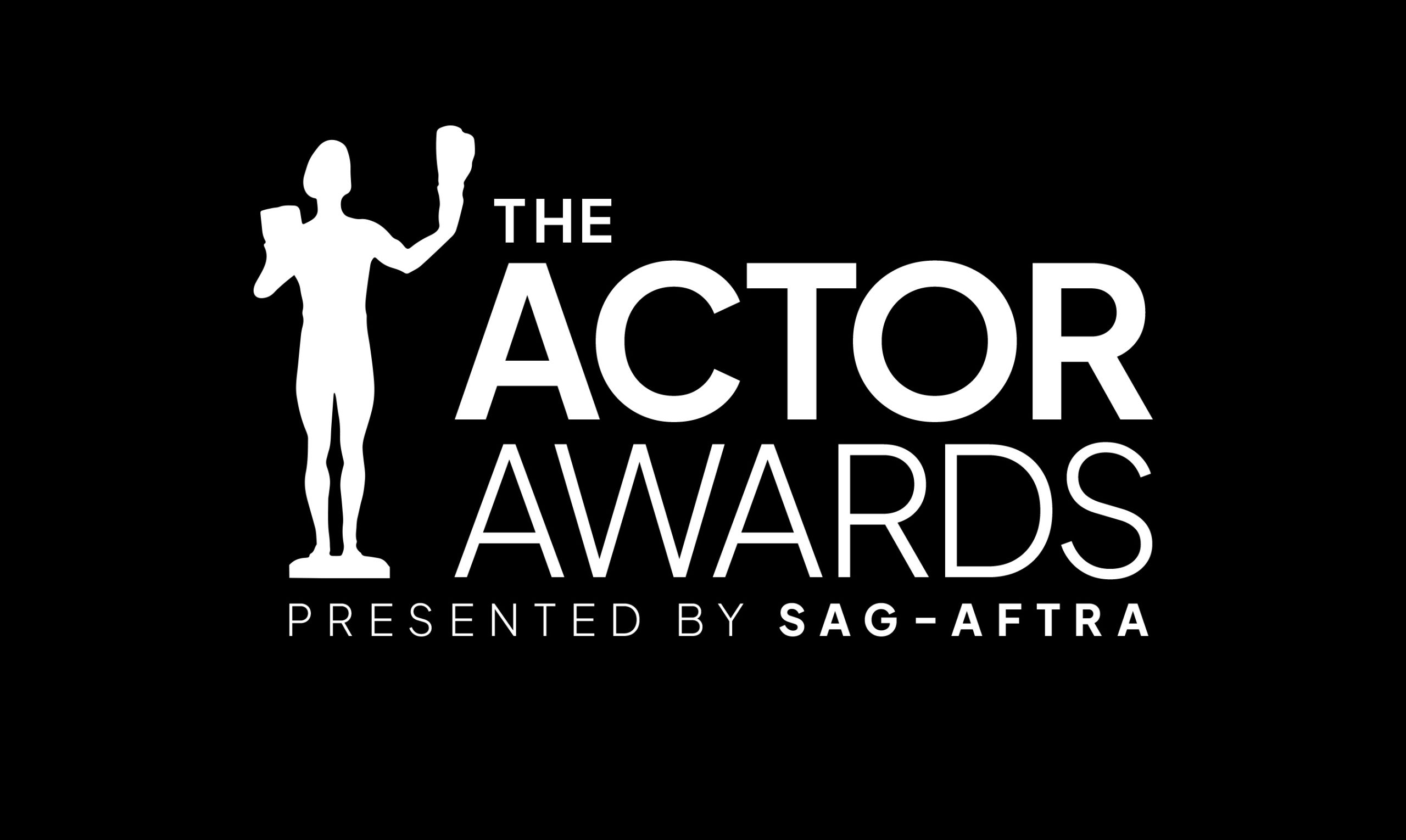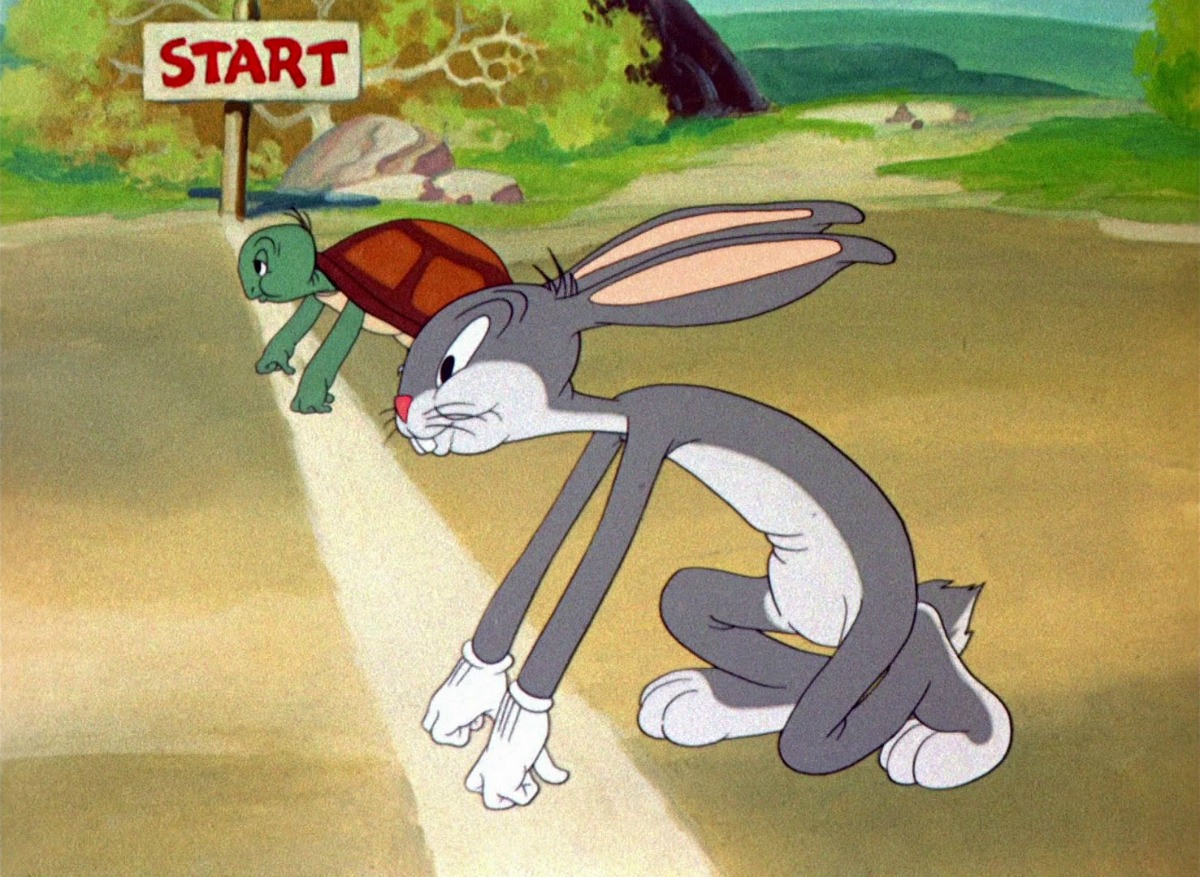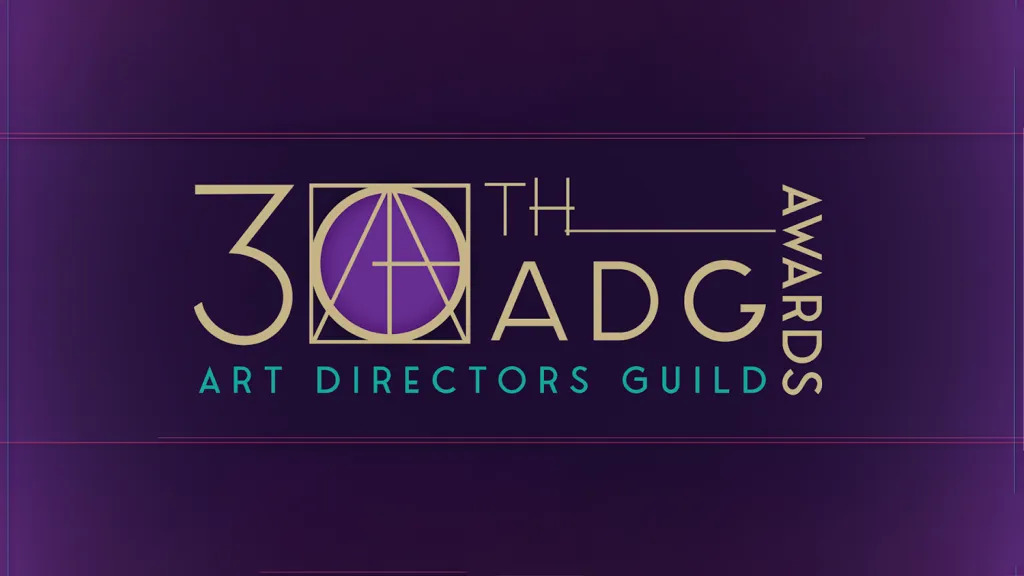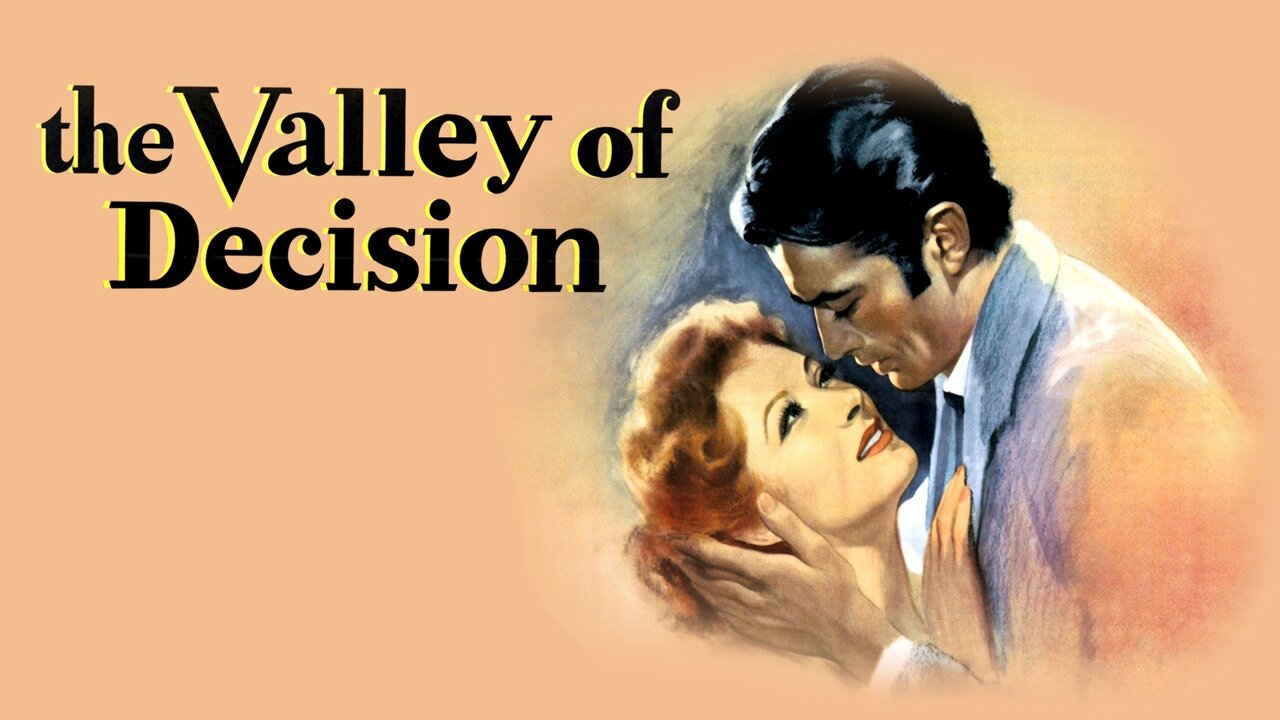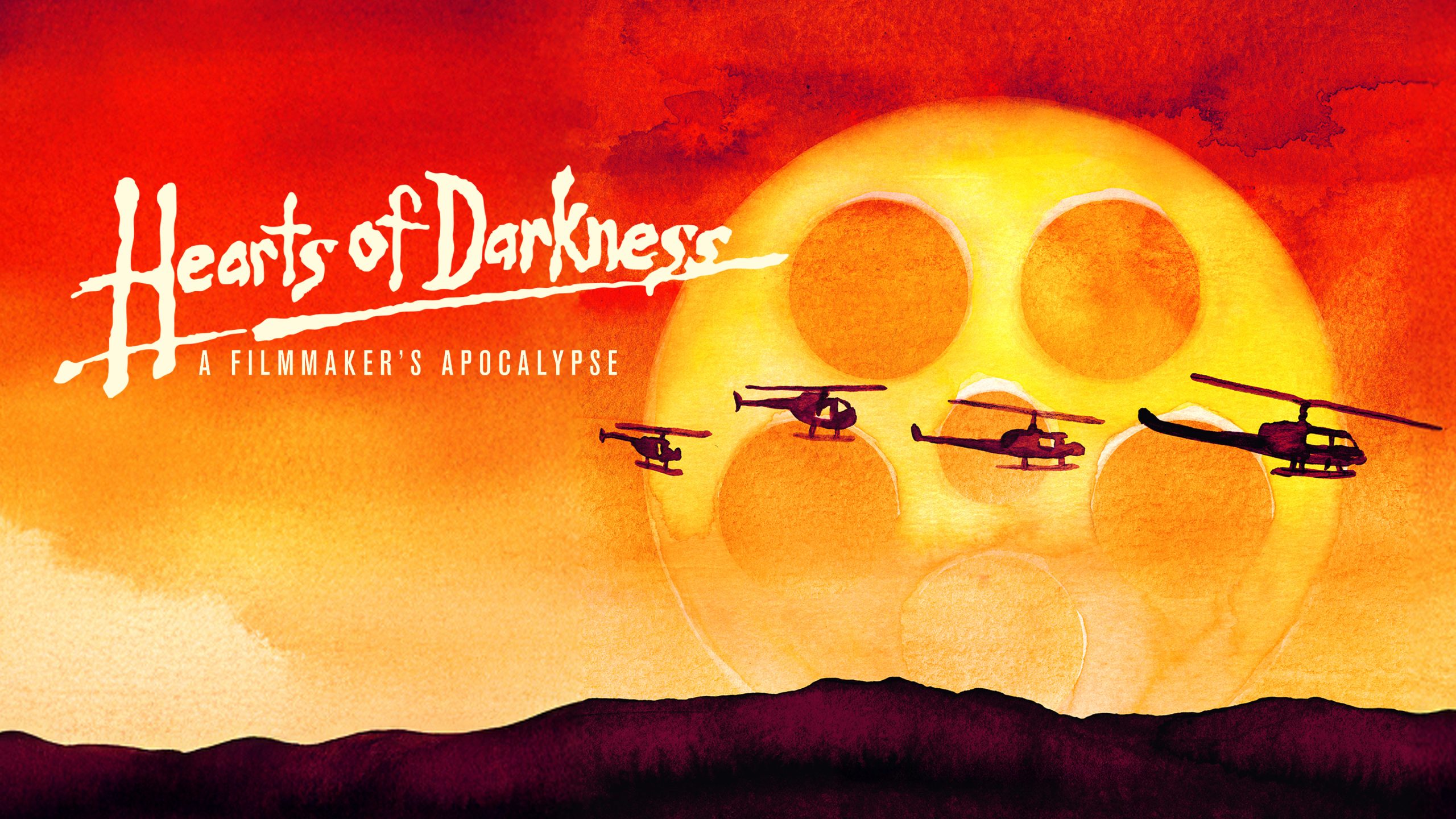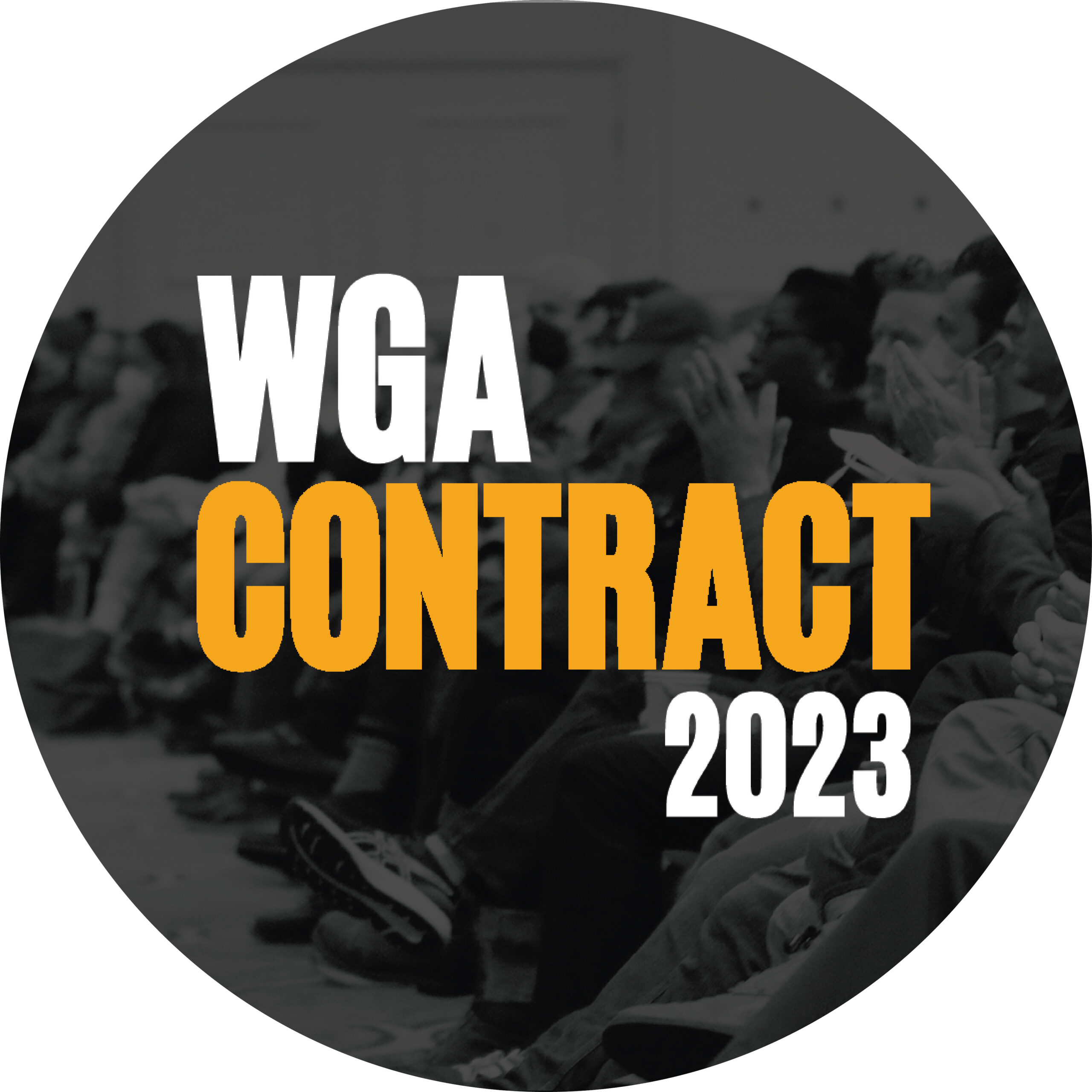
Following a 97.85% vote to authorize a strike, WGA members will be going on strike at the conclusion of the MBA contract with the AMPTP.
The WGA posted on their contract page this evening after negotiations concluded without an agreement. It followed six weeks of the WGA Negotiating Committee speaking with AMPTP representatives for Netflix, Amazon, Apple, Disney, Discovery-Warner, NBC Universal, Paramount, and Sony. If I read the website correctly, the strike isn’t just limited to these studios but all signatory companies. There are strike rules and an FAQ about the strike rules.
Here’s a brief excerpt from the update with a link to a PDF showing their proposals and what the AMPTP offered:
Over the course of the negotiation, we explained how the companies’ business practices have slashed our compensation and residuals and undermined our working conditions. Our chief negotiator, as well as writers on the committee, made clear to the studios’ labor representatives that we are determined to achieve a new contract with fair pay that reflects the value of our contribution to company success and includes protections to ensure that writing survives as a sustainable profession. We advocated on behalf of members across all sectors: features, episodic television, and comedy-variety and other non-prime-time programs, by giving them facts, concrete examples, and reasonable solutions. Guild members demonstrated collective resolve and support of the agenda with a 97.85% strike authorization.
Though we negotiated intent on making a fair deal—and though your strike vote gave us the leverage to make some gains—the studios’ responses to our proposals have been wholly insufficient, given the existential crisis writers are facing. The companies’ behavior has created a gig economy inside a union workforce, and their immovable stance in this negotiation has betrayed a commitment to further devaluing the profession of writing. From their refusal to guarantee any level of weekly employment in episodic television, to the creation of a “day rate” in comedy variety, to their stonewalling on free work for screenwriters and on AI for all writers, they have closed the door on their labor force and opened the door to writing as an entirely freelance profession. No such deal could ever be contemplated by this membership.
The strike comes just about 15 and a half years after the guild’s last strike. In case you forgot, 2007-08 strike lasted for 100 days. While a number of broadcast series will be able to end their seasons without issue, the late shows will be among the first to off the air. This time around, the late night shows are in unison. If they have to come back without their writers, I expect it’ll be around the same time. Beyond this, Emmy FYC season is going to look rather interesting since writers cannot make promotional appearances to discuss their work until after the strike concludes. Per the FAQ, there will be an impact for film festivals, too.
The demands are not unreasonable. Streaming changed the game and we especially saw this during the pandemic. When you like at how much money the C-Suite executives are making at the studios, it’s not unfair for the writers to be asking for a fair contract. As a non-WGA writer and hopefully future WGA member, I stand with the WGA.
Please subscribe to Solzy at the Movies on Substack.
